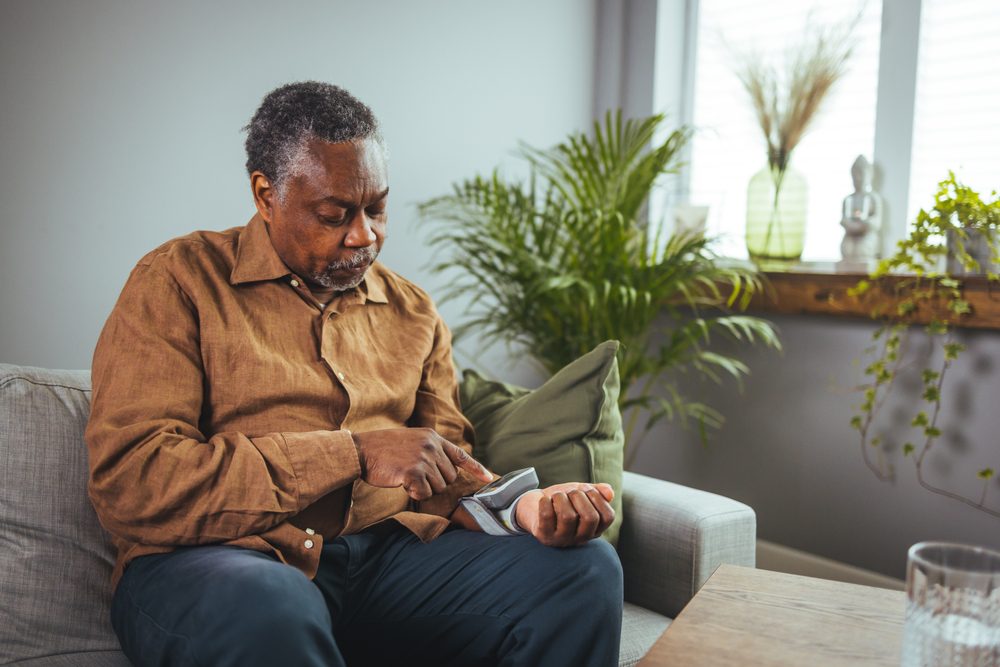
7. Look at the evidence
Last but not least on our list of ways to cope with health anxiety is looking at your symptoms from a rational perspective. When you’re knee-deep in the agony of illness and anxiety, take a moment to investigate and reflect.
Ask yourself, “Is there any evidence that supports having a brain tumor, a parasite, or skin cancer?” After looking at the evidence from a rational perspective, you may realize that common explanations are more likely.
For example, if you’re worried about developing breast cancer and you’re a woman in your forties with no family history, take a look at the facts—perhaps your breasts are sore because of your menstrual cycle.
While even a person without hypochondria could tune in to certain changes in their body, don’t undermine your logic when you notice you’re magnifying your body’s inner workings.
Here’s a therapist-recommended guide that can help you deal with intrusive and disturbing thoughts like the ones experienced in hypochondria.
If you liked our article on ways to cope with health anxiety, you may also want to read Top 6 Earliest Signs of Anxiety Disorder in Seniors.

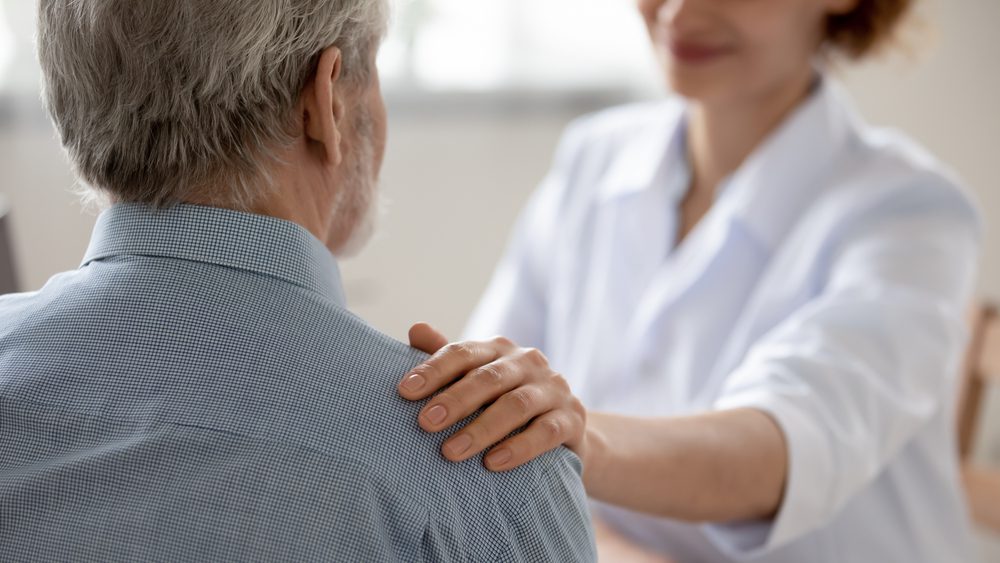
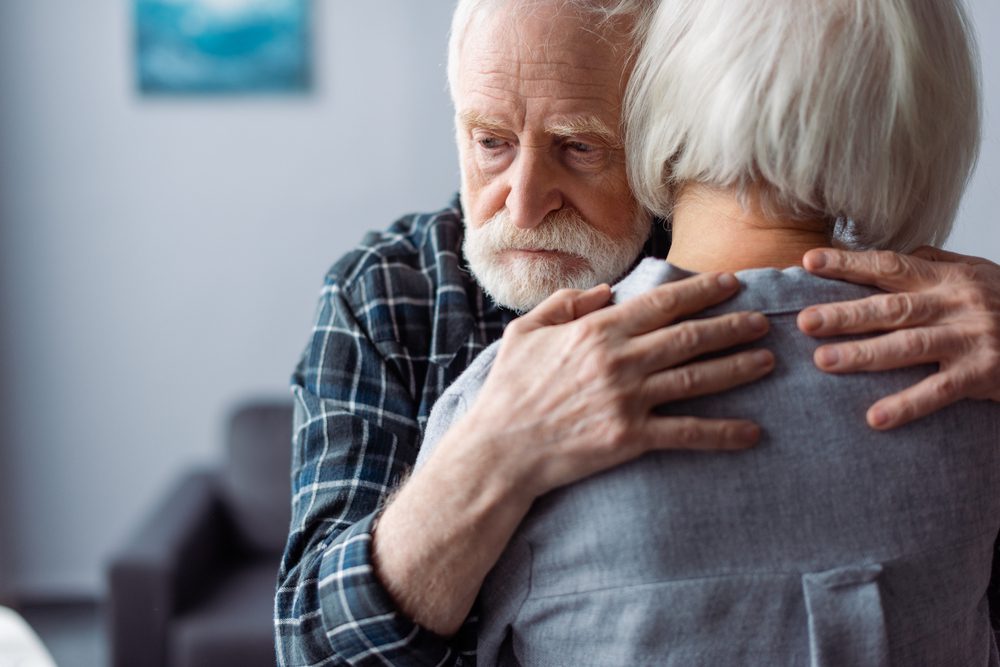



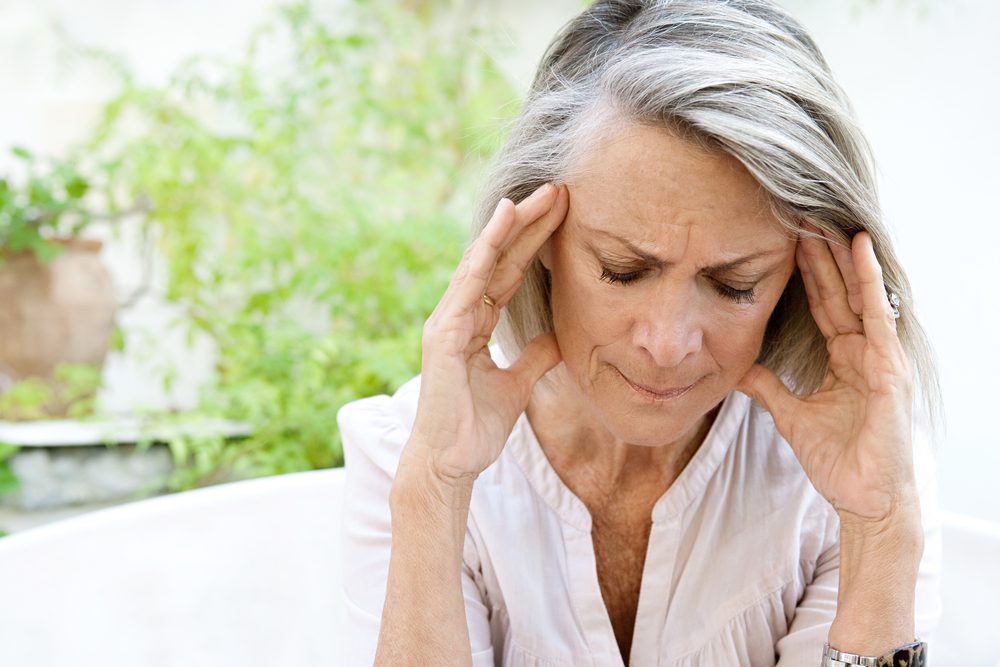

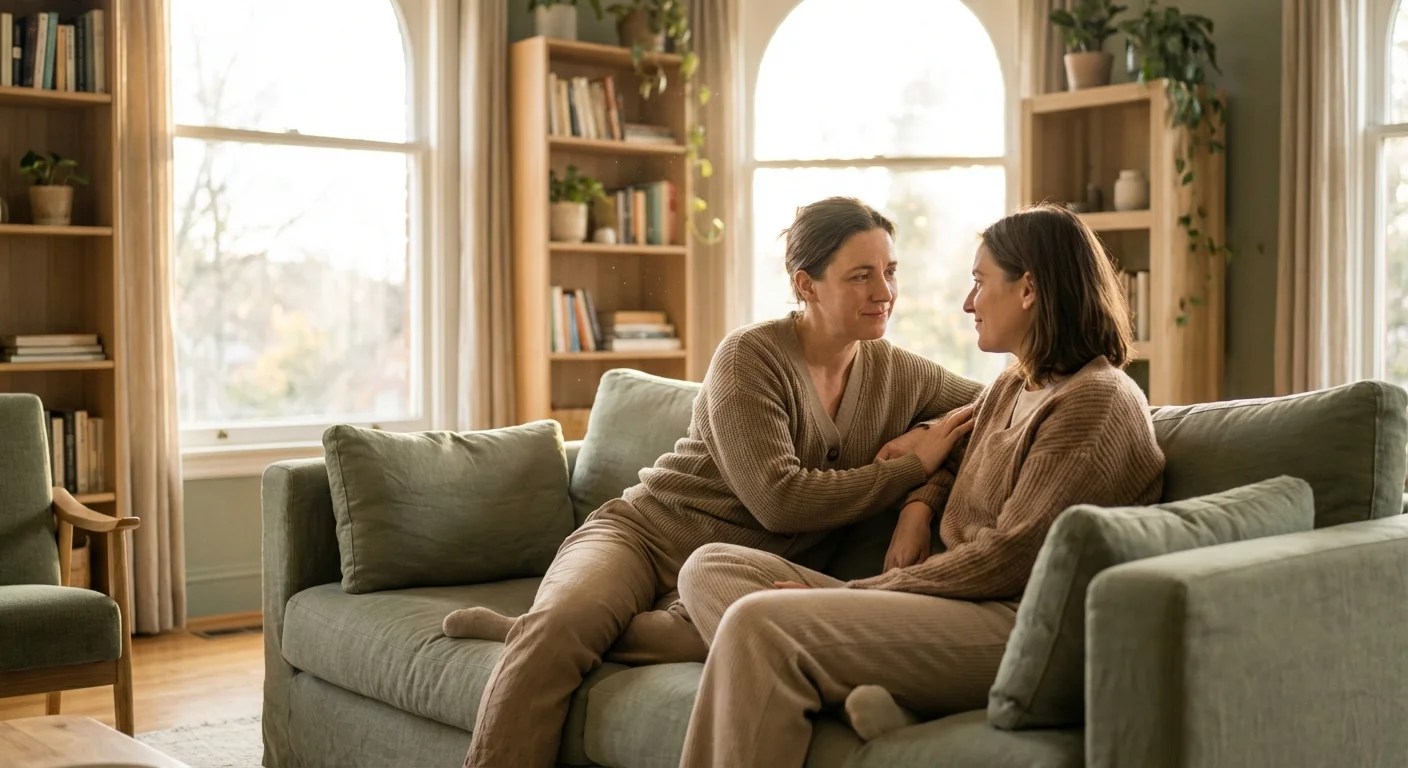

Leave a Reply